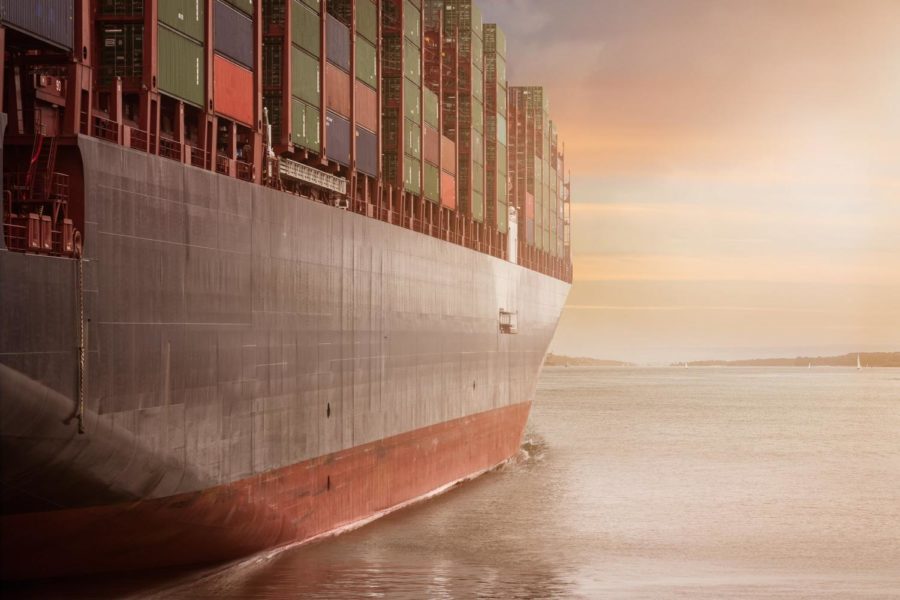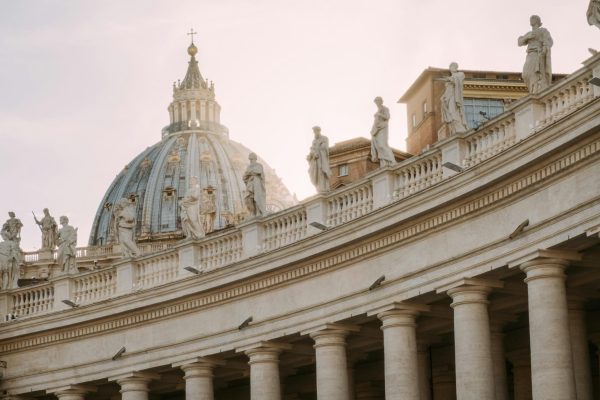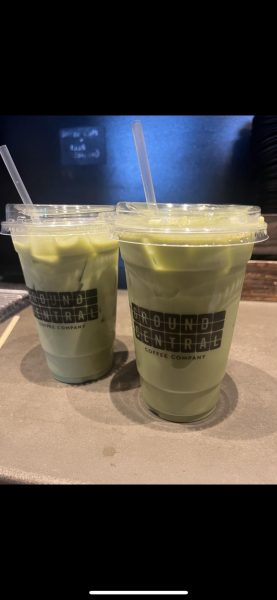Cargo Ship Freed from Suez Canal After Six Days
The Ever Given cargo ship made headlines when it became stuck and blocked the Suez Canal for days.
The Japanese cargo ship Ever Given was refloated on Mar. 29 after spending six days stuck in the Suez Canal. The 1,300-foot-long ship blocked 369 other vessels from passing though the canal while it was grounded.
The Suez Canal is a major waterway located in Egypt. It connects the Atlantic Ocean and the Indian Ocean through the Mediterranean Sea and the Red Sea. It allows for quick trade from Asia to Europe and the East coast of the Americas. Without the canal, Asian ships would have to travel around the entirety of Africa. Each day, around 50 massive ships pass through the canal for the purpose of global trade. 10% of the world’s trade goes through the canal, making it a vital part of many countries’ economies.
Ever Given, a Japanese-owned ship, was en-route from Malaysia to the Netherlands on Mar. 23 when it became caught in a sandstorm at one of the narrowest portions of the canal. Thus, it became wedged in the banks of the canal and was grounded sideways across the entire width of the canal for almost a week. The ship was carrying 20,000 shipping containers.
Immediately following the crash, efforts were made by the Egyptian government to help the situation. Several methods were used to try to mobilize the ship. Pumps removed water that had flooded into the boat, and dredging was used to remove more than 20,000 tons of sand from the banks the Ever Given was lodged in. Fourteen tugboats were also used to attempt to pull the ship out. In the end, a high tide caused by the supermoon was what refloated the ship and allowed it to sail again. The ship then made a stop in Great Bitter Lake to ensure that it did not sustain any major damages during the crash or removal attempts.
While refloating efforts were underway, the ships caught behind Ever Given were in an expensive traffic jam. Some ships, such as the Ever Greet and Pan Americas, opted to change course and go around the entire tip of Africa, a much longer trip than they had planned. Other ships remained in the canal waiting for the blockage to be removed. The impacted ships carried millions of dollars’ worth of goods, most importantly forms of oil such as natural gas and petroleum. For oil to be shipped from the Middle East to Europe, it must go through the Suez Canal, so fuel delays were a serious threat and provided the motivation to free the ship as quickly as possible.
The possibility of widening the canal has been discussed for many years, but this incident has highlighted the need to do so. Having a tenth of global trade rely on a one-lane strip of water has proven to be a major risk.
The relatively short time in which the ship was moved prevented catastrophic economic damage. The ship is free, the backlogged vessels have been able to pass through, and the crisis has been resolved.

I am a member of the Class of 2023 and one of the editors-in-chief for the print edition of Horizon. Outside of Horizon, I enjoy running and spending time...























